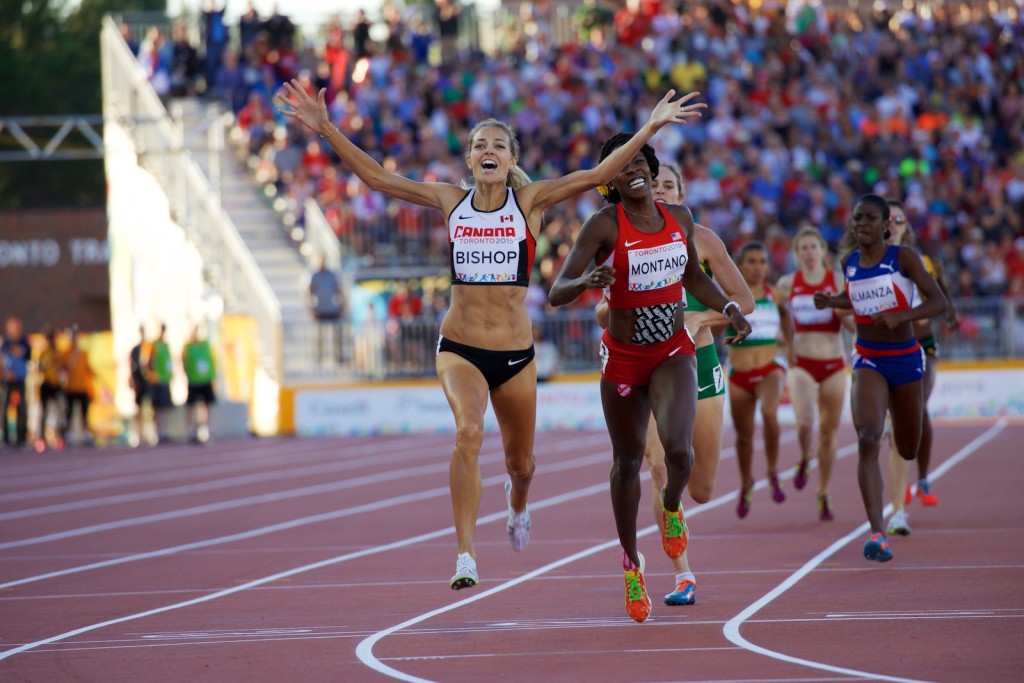Channel your inner Olympian and put these sports psychology tools to the test
Few of us will ever have the opportunity to actually compete in the Olympic Games, but that doesn't mean we can harness the same mental tools and tricks that top athletes use to be the best.

Physical training and preparation are essential for performing at one’s best. But mental training too plays a pivotal role in ensuring you get the most out of yourself when it counts.
RELATED: Five mental tricks for running and racing your best
Just like speed, strength and endurance are skills to be acquired and mastered, so too are many mental attributes and abilities. The following are some of the most important psychological skills possessed by Olympic athletes which you too can learn to use to your advantage:
Mindfulness
With all that goes on during a typical competition, learning to stay focused on the task at hand, in the present, and aware of how you’re feeling is perhaps the most important skill an athlete needs to be successful. This is often referred to getting “in the zone.”
This includes being aware of your thoughts as well as external conditions and how these work together to impact your performance. Being aware of your current state will allow you to better act and react if and when it matters most. Knowing your own body is an integral part of this process. It takes time to fully master.
Getting anxious at the start of a race, distinguishing fatigue-induced discomfort from physical pain and knowing when to make that late push before the finish are all examples of why it’s important to be mindful during competition.
Focus
Whereas mindfulness is a state of being, focus is the skill that allows you to take advantage of that state. Focus means ignoring all the things that don’t matter or which you can’t control– the temperature, a nasty headwind, a competitor’s surge. Instead focus on what is within your control.
Paying particular attention to your physical state and how it changes and then responding to those changes are ways to effectively impact your performance.
Mental Toughness
Mental toughness is often the definitive feature that separates good athletes from great ones. Being mentally tough ultimately means being able to consistently perform at one’s best and better than other competitors. Mentally strong athletes appear in control despite their obstacles, pressures and difficulties.
Mental toughness requires having confidence in one’s own abilities, being resilient, coping with the demands of competition and overcoming failure or disappointment.

Positive Thinking
No one is immune to the inevitable negativity that occasionally creeps in during the hardest and most grueling moments of race. Recognizing when and how defeatist attitudes affect our performance is the first step to overcoming them. Replacing them with positive thoughts then becomes an effective defense and even more valuable offensive tool.
Reminding yourself of all the work and training you’ve done to prepare is a great first place to start. Thinking back to all the miles you’ve logged and the hard workouts you suffered through should reinforce that you’re ready.
Perspective
Most Olympians spend many months and even years preparing for a single opportunity to compete for their country. During the process, they no doubt experience numerous highs and lows. No victory is complete without an array of obstacles which is why it’s important to take a long-term perspective–think weeks, months and even years–that include reasonable goals.
Having a healthy perspective of where you are now in relation to where you want to be is also important. You need to be self-aware and not over (or under) valuing yourself. You need to set reasonable and realistic goals and be capable of adjusting and being flexible when things don’t go exactly to plan.


